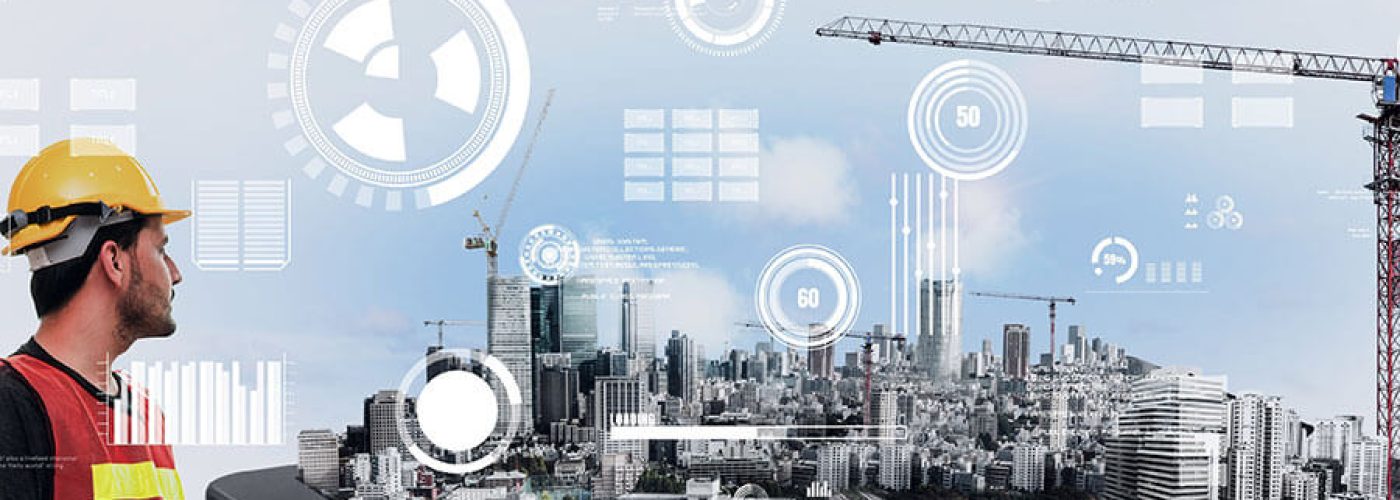Investment in infrastructure is a key growth priority for many European governments, but how can this be reconciled with the current skills crisis facing the construction sector? According to the latest EURES report on labour shortages and surpluses, 38 per cent of European countries who ranked building construction labourer shortages noted the issue as ‘high magnitude’[1]. A combination of macroeconomic influences ranging from an aging workforce preparing to retire, to labour market shifts caused by Brexit and war in Ukraine are all having an impact on skilled worker availability in Europe. This is further complicated by retraining needs caused by continuous advancements in sector technology, tools and products which begs the question – how can we better future-proof the construction workforce?
Skills and competence are critical for the future of the construction industry, and various factors have accelerated the sector’s skills shortage to a crisis point. There is no silver bullet when it comes to tackling the skills crisis within the construction industry, particularly given the number of external forces at play. However, if we want to meet growing construction demand then we must grow the available workforce to make this a reality – creating an imperative for companies to incentivize and invest in diversifying the skillset of their current workforce rather than relying solely on technology.
Through Victaulic’s work and customer engagement, we have identified and responded to the need for more specialised and accredited training programs in both a hands-on and virtual format to facilitate greater upskilling. Whilst seemingly obvious, such programs have been scarce since the Covid-19 pandemic with existing staff unable to refine their skills with new technologies and entrants losing out on the opportunity to formally learn the basics with new tools and products. By bridging the training gap, construction professionals across all sectors and experience-levels can gain greater confidence in their proficiency, whilst companies receive the critical assurances that their projects are up to code.
This is particularly the case for the fire protection industry. As an industry which is constantly evolving and premised on the delivery of safe and efficient fire protection systems, it is crucial that training is both readily available and regularly updated to ensure that engineers and contractors have the requisite knowledge for their reliable installation and comply with regulations. At a broader scale, investing in training is also crucial for a company’s reputation building. Comprehensive training ensures industry professionals are getting the most from every application, whilst upholding and protecting standards.
Victaulic’s increase in customer demand for training is a testament to this, with a recent in-person fire protection workshop attracting nearly 100 participants. With an age range of between 17-65+ and job titles spanning construction managers, design managers and subcontractors – there is a clear desire from customers and their employees to upskill and refresh their knowledge through in-person training. The workshop with construction engineering company, Mercury, provided an introduction to Victaulic fire protection products such as the VicFlexTM Flexible Sprinkler Fittings series and FirelockTM couplings, their applications in fire protection systems, and requirements for maintenance in accordance with applicable codes and standards. The value of this in-person training at their facility in Ireland could not be overstated, with Mercury implementing the bespoke demo rig at their facility to enable regular refreshers for their employees.
The training did not stop there, with additional e-learning services provided through our Victaulic University platform. What was historically a portal used exclusively by our internal teams, Victaulic University training has become a mainstay for e-learning for our clients. One of the key benefits of our e-learning training is that is offers a range of options to suit different levels of expertise. For instance, beginner-level fire protection training covers the basics of fire protection system design and installation, whilst advance courses delve into the details of system testing and maintenance. Additionally, participants can work through the training programs at their own pace, providing the flexibility to manage their workloads while still acquiring essential skills. For the Mercury training alone, we saw 80 participants join online for 20 hours’ worth of training prior to the hands on workshop. With every worker who completes our training receiving a certification, our courses not only support with our customer’s credibility within the fire protection industry but also grant assurance that they have been equipped with the knowledge to properly install our products.
Ciaran Carrick, Operations Manager, Mercury: “Given the constraints of the Covid-19 pandemic, training for our employees has been scarce. This was why we were so appreciative of the practical in-person Fire Protection Customer Training provided by Victaulic – giving us an opportunity to see first-hand how the Victaulic valve-sets work and refresh our skills with the on-site demo rig.”
“The Victaulic experts provided our 80+ team with comprehensive product knowledge and technical detail which will help us better deliver fire protection systems for our clients.”
Whilst upskilling cannot entirely remedy the skills crisis that Europe is currently facing, what is clear is that there are simple, cost effective means to attract and retain a greater body of talent already at our fingertips. Training is only one piece of the puzzle, but the reputational benefits offered at a company level along with the empowerment derived at an employee level are vital steppingstones to future-proofing the construction industry.
[1] https://www.ela.europa.eu/sites/default/files/2023-03/eures-labour-shortages-report-2022.pdf
Building, Design & Construction Magazine | The Choice of Industry Professionals





